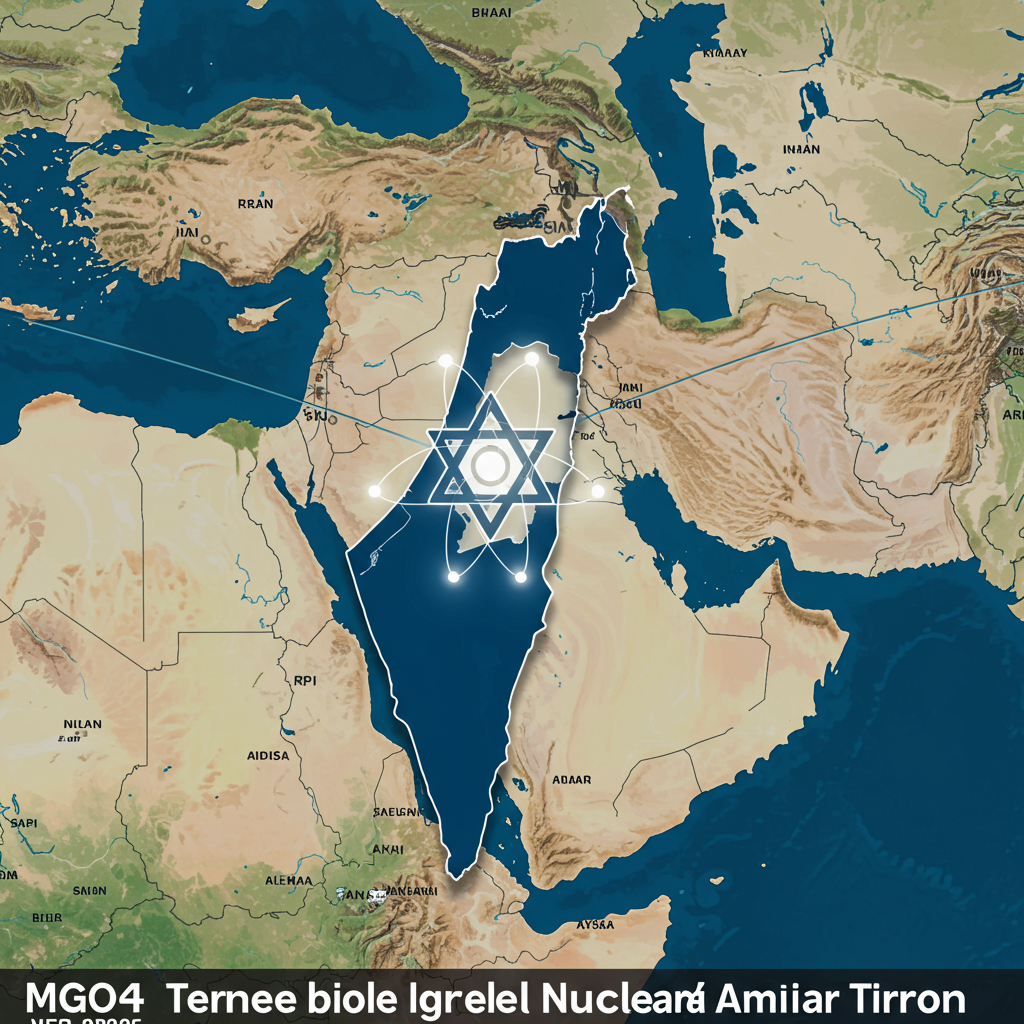The recent discourse surrounding Israel’s potential Gaza annexation has sparked intense debate, raising critical questions about genuine intent versus political maneuver. Is this talk a firm policy direction, or a calculated “trial balloon” designed to achieve specific strategic objectives? Understanding the nuances of these discussions is crucial for grasping the complex dynamics of the ongoing Israel-Hamas conflict and its broader regional implications. This analysis delves into the likely motivations behind such pronouncements, exploring whether they aim to pressure Hamas, appease domestic political factions, or both.
Unpacking the “Trial Balloon” Strategy
Recent statements from Israeli officials, hinting at the possibility of Gaza annexation, have sent ripples across the international community. On the surface, these declarations might suggest a profound shift in Israeli policy regarding the besieged Palestinian territory. However, expert analysis, including insights from various geopolitical observers, suggests a more intricate political calculus at play. This public posturing often serves as a strategic tool rather than an immediate blueprint for action.
The primary interpretation points towards a deliberate attempt to exert leverage. By floating the idea of annexation, Israel aims to create a powerful disincentive for Hamas, particularly in the context of stalled hostage release and ceasefire negotiations. The underlying message is clear: failure to reach an agreement could lead to more severe outcomes, including a dramatic change in Gaza’s future status. Such a tactic seeks to alter Hamas’s negotiating position, pushing them towards concessions by raising the stakes considerably. This approach demonstrates a complex intertwining of military, diplomatic, and psychological warfare strategies in a highly volatile region.
Domestic Political Appetites: Appeasing the Far-Right
Beyond external pressure, the discourse around Gaza annexation also serves significant internal political functions within Israel. Hardline factions and prominent figures, such as Bezalel Smotrich and Itamar Ben-Gvir, advocate for policies that prioritize Israeli sovereignty over Palestinian territories. These figures often resist any perceived compromises, including ceasefire deals that might be seen as weakening Israel’s position or rewarding Hamas.
Announcements or even hints about annexation can therefore be interpreted as a strategic move by the government to placate these powerful domestic voices. By aligning, at least rhetorically, with the aspirations of the far-right, the government can consolidate its political base and mitigate internal opposition to potentially unpopular decisions. This balancing act is vital for maintaining coalition stability, especially during times of intense national crisis. It allows the leadership to appear strong and decisive to its core supporters, even if the actual implementation of such annexation plans remains remote. This delicate political dance is a testament to the diverse and often conflicting priorities within Israeli society.
International Law and Global Condemnation
Any unilateral annexation of Gaza would immediately trigger widespread international condemnation. Under international law, particularly the Fourth Geneva Convention, the acquisition of territory by force is strictly prohibited. The global community generally upholds the principle of self-determination for the Palestinian people and advocates for a two-state solution based on the 1967 borders.
Unilateral moves like annexation would directly undermine these foundational principles, leading to severe diplomatic repercussions. Major international bodies, including the United Nations Security Council, would likely pass resolutions condemning such actions. Financial sanctions, travel bans, and diplomatic downgrades could follow, isolating Israel on the global stage. Past instances of territorial disputes and unilateral declarations in other regions consistently show a unified stance from most world governments against such moves. This potential global backlash makes it highly improbable that Israel would proceed with actual annexation without facing extreme political and economic costs. This strong international stance highlights the fragility of peace in the region and the critical role of multilateral diplomacy.
Historical Context and Future Scenarios
The concept of Israeli sovereignty “between the Sea and the Jordan,” as articulated in the original Likud Party Platform of 1977, provides crucial historical context for understanding the current discussions. While this platform speaks to a deep-seated ideological aspiration for some, previous Israeli withdrawals from territories like Lebanon and Gaza itself demonstrate a pragmatic willingness to disengage when strategic calculations deem it necessary. The 2005 disengagement from Gaza, for instance, showcased a capacity for unilateral action, though the context and outcomes were markedly different.
Looking ahead, the talk of annexation directly impacts prospects for a lasting peace and a viable two-state solution. It fuels skepticism among Palestinians and the international community, making future negotiations more challenging. The humanitarian crisis in Gaza continues to deepen, and any perceived long-term Israeli control would exacerbate these challenges, further marginalizing the civilian population. Ultimately, the question remains whether the current rhetoric serves as a bargaining chip, a domestic political appeasement, or a combination of both, shaping the trajectory of one of the world’s most enduring conflicts.
Frequently Asked Questions
What is the primary motivation behind Israel’s talk of Gaza annexation?
The primary motivation for Israel’s recent discussion of Gaza annexation is largely seen as a strategic pressure tactic. It aims to compel Hamas back to deadlocked negotiations, particularly concerning hostage releases and a ceasefire. By raising the specter of annexation, Israel attempts to create a strong disincentive for Hamas to prolong the conflict, signaling potentially more severe outcomes if agreements are not reached. Additionally, it can serve to appease hardline factions within the Israeli government and their supporters.
How does the international community typically view potential unilateral annexations?
The international community overwhelmingly opposes unilateral annexations of territory acquired by force. This stance is rooted in fundamental principles of international law, notably the Fourth Geneva Convention. Such actions are widely considered illegal and would likely lead to severe diplomatic and economic repercussions for Israel. Global bodies like the United Nations Security Council would almost certainly condemn any such move, undermining international efforts toward a two-state solution and potentially leading to increased isolation.
What are the potential implications of an Israeli annexation of Gaza for regional stability?
An actual annexation of Gaza by Israel would have profound negative implications for regional stability. It would likely ignite widespread protests and increased conflict, further destabilizing an already volatile Middle East. Such a move would be seen as a direct challenge to Palestinian self-determination and could unify various militant groups against Israel. Furthermore, it would complicate international peace efforts, alienate key regional allies, and potentially lead to an escalation of violence, making any long-term resolution much more difficult to achieve.
Conclusion: A Delicate Balance of Strategy and Reality
The discussion surrounding Israel’s potential Gaza annexation is far more complex than a simple declaration of intent. It appears to be a multi-faceted strategic maneuver designed to apply pressure on Hamas in ongoing negotiations while simultaneously addressing the political aspirations of certain domestic factions. While the threat of annexation is potent, the practical and international hurdles associated with its actual implementation are formidable. The global community’s staunch opposition to unilateral territorial grabs, coupled with the immense humanitarian and security challenges within Gaza, make a full annexation highly unlikely in the short term. Ultimately, this public discourse serves as a stark reminder of the intricate political landscape governing the Israeli-Palestinian conflict and the continuous struggle to balance internal demands with external realities.



